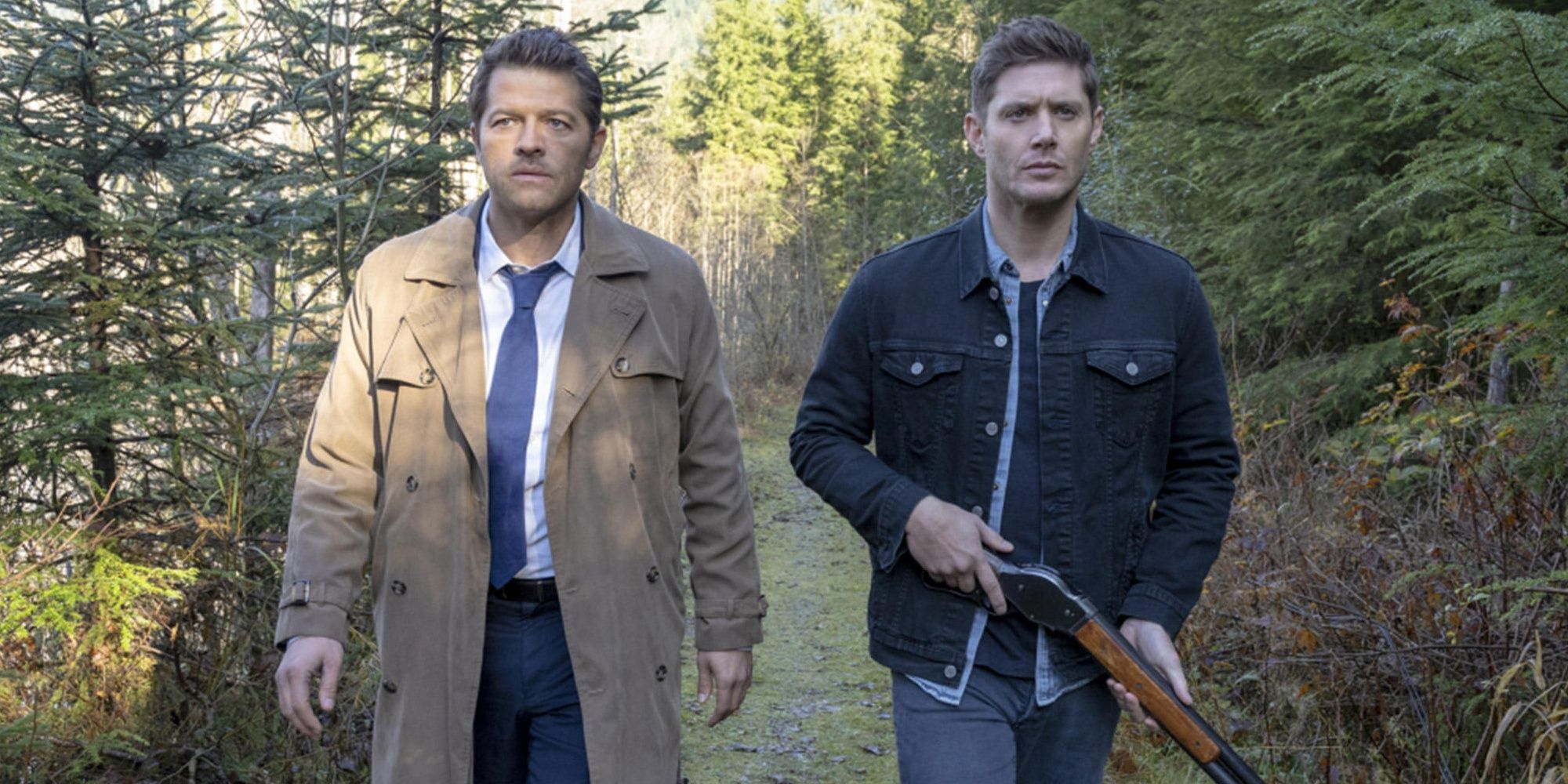The COVID-19 shutdown will delay over half of the scripted titles set to air in the second half of 2020 and the effects of production postponement could be felt well into 2021. Production on both scripted and non-scripted programming has either been reduced or stopped completely worldwide and recent data is revealing how far the effects will reach. Production delays have affected titles in all broadcasting areas, network, cable, and streaming services included. AMC announced it could not complete post-production on The Walking Dead season 10 finale, ending the season with the April 5 penultimate episode. ABC ended Grey’s Anatomy at episode 21 after ordering 25 for season 16.
The CW has shortened several of its productions including the final season of Supernatural, which had filmed 18 of the 20 episodes ordered. Showrunner Andre Badd has confirmed however that the final 2 episodes will be filmed once it is safe to do so. Batwoman, The Flash and Supergirl, all CW properties, also had shortened seasons. The CW has already delayed all Arrowverse shows to early 2021, and now it seems similar delays will be felt across the industry.
According to Deadline, up to 60 percent of scripted US and global titles set to air in the second half of 2020 are likely to be delayed with a further 10 percent of planned dramas and comedies to be held indefinitely. A report from the data and analytics firm Ampere Analysis has predicted the effects of the shutdown will be felt well into next year with broadcasters releasing an estimated 5-10 percent fewer scripted titles each month in the second half of 2020. A further 5-10 percent of scripted titles planned for the US fall season will likely be lost entirely. Ampere’s senior analyst, Fred Black, said one of the biggest effects of the delays will be a decline in new commissions for some time after production resumes, with schedules being filled by existing titles rather than committing resources to new ones.
Per Deadline, only 51 percent of scripted projects ordered during March-May 2019 have aired. As well, the commissioning of scripted content is down by 40 percent in the equivalent period of 2020. Though the effects on scripted titles will undoubtedly carry into 2021, unscripted programming will have a faster recovery time. Data from Ampere shows that unscripted programming could regain its traction by the end of the year. Extra entertainment and reality commissions are currently being used to cover the gaps left by delayed or missed scripted titles, though this will begin to wane as lockdowns are lifted and productions slowly resume.
It is an unfortunate catch 22 that while scripted television is providing entertainment, comfort, and normalcy to so many in this time, there is no way around the logistical or financial constraints the industry is facing. Safety is paramount and there is no way to produce the kind of scripted episodic television viewers are used to while adhering to social distancing guidelines. Most of the film and TV workers are not wealthy actors or producers. They are crew members that live paycheck to paycheck and project to project and are facing the same employment uncertainty as many other industries. Though not an essential service by any means, most would agree that television has made this time infinitely more bearable.
Source: Deadline


